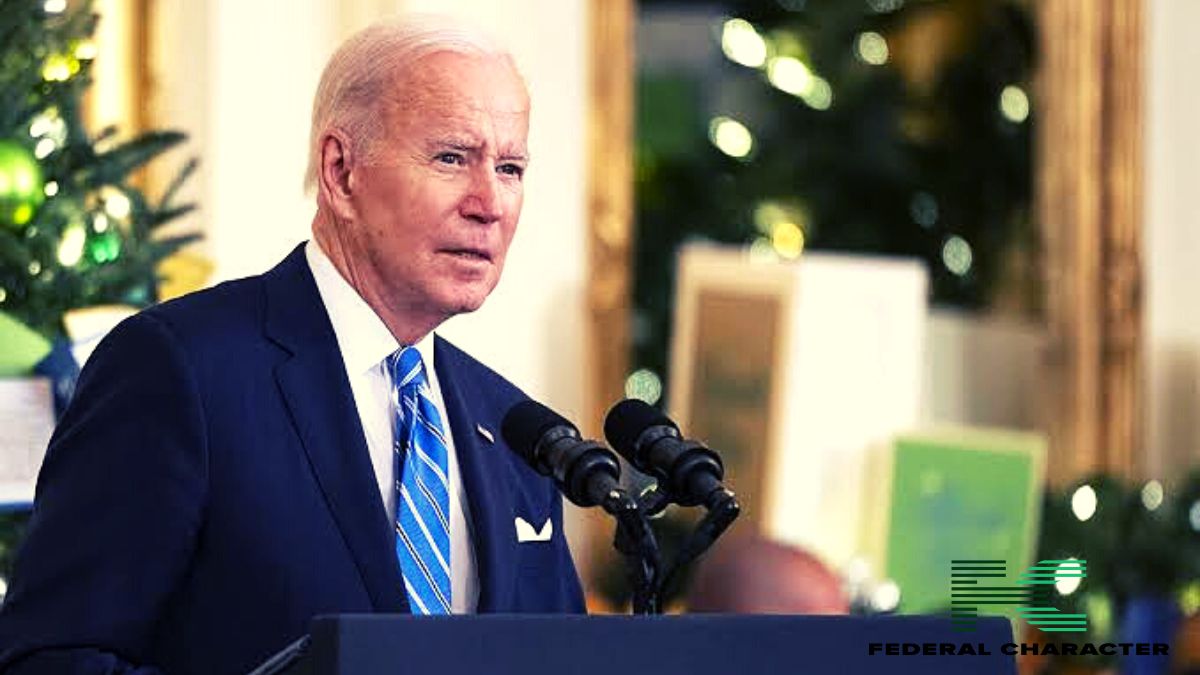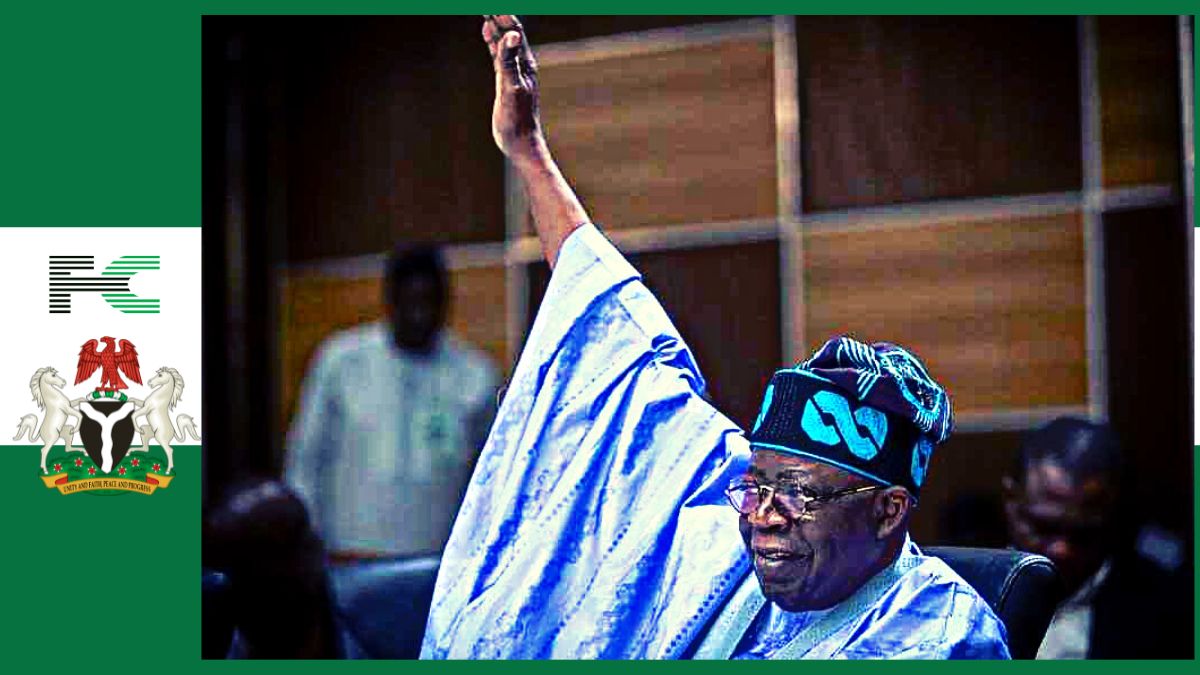Ghana’s negotiations to restructure its massive international debt are ongoing, and an agreement with bondholders is expected to be reached soon, according to an International Monetary Fund (IMF) official. This comes after the IMF rejected a previous proposal that didn’t meet their debt sustainability requirements.
The Challenge: Mounting Debt and Urgent Need for Relief
Ghana, a rich resource country with cocoa, gold, and oil, sought financial assistance from the IMF in 2022. Crippling debt and inflation forced the country to default on most of its $30 billion external debt by the end of that year.
The Negotiations: Finding a Solution That Works for All
To get back on track, Ghana needs to restructure its debt, which involves reaching an agreement with the holders of its international bonds. These bondholders are essentially lenders who have loaned Ghana money and are due interest payments and repayment of the principal amount.

Unfortunately, the initial attempt at a deal wasn’t suitable for the IMF’s debt sustainability goals. This means the agreed-upon restructuring terms wouldn’t make Ghana’s debt manageable in the long run.
A Time-Bound Process: Reaching an Agreement Soon
The IMF official, Abebe Selassie, emphasized that reaching a deal with bondholders is a matter of time, not an insurmountable obstacle. The key factor is how much effort the Ghanaian government dedicates to these negotiations in the coming weeks.
Moving Forward: Progress Despite Complexity
Despite the setback, there’s positive movement. Ghana hasn’t reached a final agreement with its official lenders (governments of other countries) either. However, compared to similar situations historically, Ghana’s progress is considered relatively quick. The IMF acknowledges the complexity of these negotiations, especially due to the involvement of many different creditors.
The Goal: A Sustainable Future for Ghana
The IMF is urging Ghana to expedite the negotiation process. While a deal with bondholders isn’t strictly necessary for the IMF to approve the next phase of its financial support program for Ghana, it’s crucial for the country’s long-term economic health. A successful debt restructuring will make Ghana’s debt burden more manageable, paving the way for a more stable and prosperous future.

















